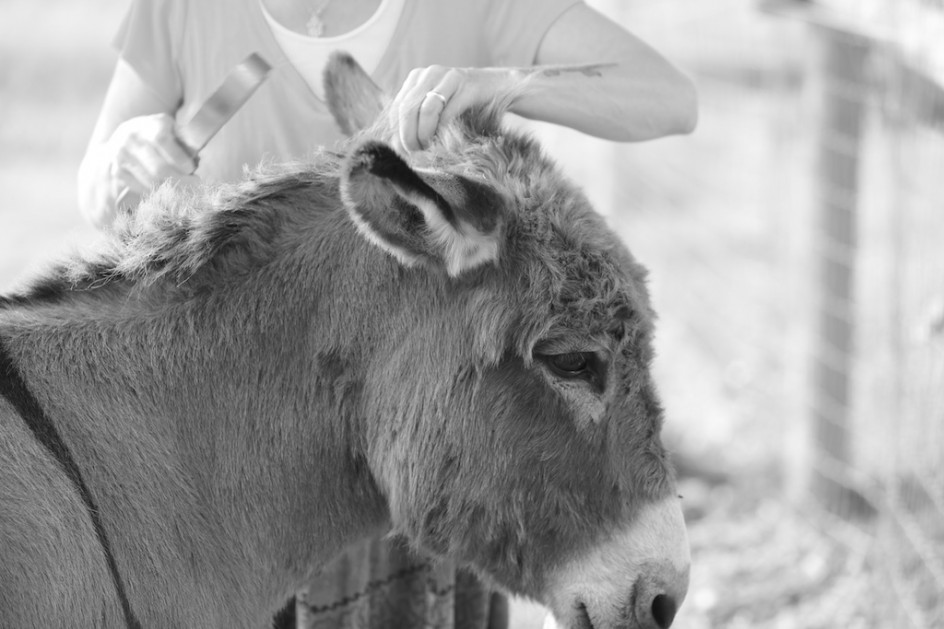
I have always disliked whining, and intensely so. I told my daughter once that she could have just about anything she wanted if she never whined, and she go a lot of good stuff and never has. When I had my surgery this summer, the first thing I told Maria was to smack me in the head if I ever whined about it, and I think I have not. I have made it a point not to whine about the radical changes in publishing that nearly overwhelmed me as a writer, caused my royalties and much of my income to vanish, and threatened my career. I have not whined about the struggle to sell the first Bedlam Farm, and hope I never do.
I dislike struggle stories, I do not mourn things that are gone, but celebrate things that are here. So I guess I was wholly unprepared to respond to my realization that my new book, “Saving Simon,” had been orphaned by my publisher after I decided to switch to another publishing house. They did not budget one dollar or schedule a single appearance that I did not more or less arrange by myself. My book tour, which has averaged about a month in duration over the last 20 years or so, was four hours long.
I read an interview with a writer talking about the bitter struggle between Amazon and the Hachette Publishing Co. Amazon is making it harder for readers to buy the books of Hachette authors, and Ursula Le Guin, a great writer, said she felt as if her book had been “disappeared,” a term coined by South American mothers to describe the disappearance of their sons in dictatorial regimes. In one country, the mothers gathered in front of government builders every day for years to demand news of their sons, many of whom had been murdered and tortured.
I am a big boy, and I knew when I switched publishers – and the editor who had worked on “Saving Simon” left as well – that my book would not get much attention or support. I did not know how little, I supposed I was in denial. I do not compare my book or my life to the tragedies of the mothers of South America, yet Le Guin’s use of the word struck deeply into my healing heart.
Books are personal things for me, they take years, are important and to have one “disappeared” – it is a very good term in many ways, as long as we keep it in perspective. I am working to patch together my own book tour, but I do not kid myself into thinking I can do much to save the fate of my book. I am selling a lot of copies through Battenkill Books (518 677-2515) and am planning to sell a lot more by Christmas. We are giving lots of good stuff away to people who buy the book from Connie Brooks – signed photo notecards, some free Fromm Family dog good coupons, potholders and photos as well as notecards. The first 2,000 buyers get a signed photo notecard of Simon, other incentives are offered as the supplies last. I sign and personalize every book bought at Battenkill.
My book is important to me. I got some wonderful reviews and the early responses have been more than gratifying. I don’t wish to whine about my book, but I do wish to fight for it, and I do believe it is wrong to “disappear” a book contracted in good faith. I am glad I spoke up about it, not only for me but for the many writers who vanish in this way and do not have blogs on which they can make some noise about it. Every book deserves to live and make it’s own way through the galaxy. Publishers should not distribute books they are not willing to support. Everybody deserves a chance to know what books are available to them.
I have a big ego, and it is smaller now that it was a few months ago. I suppose that is a healthy thing in many ways. It is a tough thing for a writer to be “disappeared,” it feels as if my identity has been washed away along with my work. It is my job to make sure that feeling does not last long, but I don’t lie about it either.
I want to finish my next book, I am so eager to get to my new publisher. But Random House, my life-long publisher, deserves much gratitude from me, they have providing me the means to be a writer for three decades. And they have done a wonderful job editing and publishing my books. “Saving Simon” is an anomaly, and I want to remember that as I move on. If they are not grateful for my work any longer, I am grateful for theirs.
Some people there have expressed disappointment with me for writing about this so frankly, I do not regret it. I learned the hard way to stand in my truth and to try to live without complaint and lament. Sometimes the two overlap. In many ways, my books are my children, they are my identity. I owe them life and good faith, they have nothing going for them but me. Thanks for the support so many of you have given me, my book tour will begin shortly and will on until I drop or the world is sick of me, whichever comes first.
